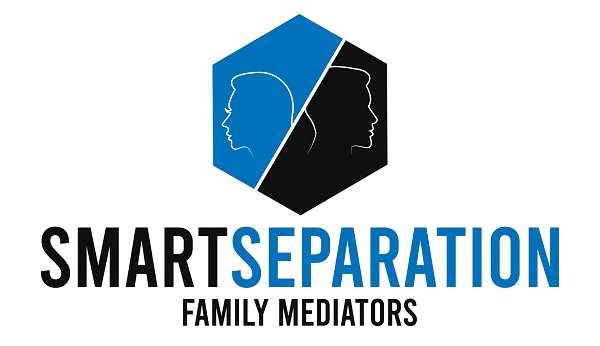Divorce Without a Lawyer in Ontario – Is It Possible?
In Ontario, it is legally possible to complete a divorce without hiring a lawyer. The Divorce Act (a federal law) and Ontario’s Family Law Act provide the framework for separating couples, and both allow spouses to represent themselves in court or through the necessary paperwork.
Couples in Toronto often explore a lawyer-free divorce to reduce costs and maintain more control over the process. Hiring lawyers can be expensive, especially in contested matters that involve multiple court appearances. Mediation offers an alternative by providing professional guidance without the full cost of legal representation. Accredited family mediators in Ontario help couples work through disagreements, create parenting plans, and prepare the documents required to finalize the divorce.
That said, self-represented divorces in Ontario carry risks. The court still requires specific legal paperwork—such as the Application for Divorce, financial disclosure forms, and, if children are involved, parenting plan details that comply with the Children’s Law Reform Act. Without legal training, it is easy to miss mandatory requirements, submit incomplete forms, or make errors that delay the process. Even worse, agreements that do not meet Ontario’s legal standards can be challenged or overturned in the future.
While they cannot give legal advice, they can simplify the process by helping both parties communicate, reach fair agreements, and document decisions in a way that aligns with Ontario’s family law. Many Toronto couples use mediation in combination with limited-scope legal services—such as having a lawyer review the final separation agreement—to balance affordability with legal protection.
The Mediator’s Role in Handling Divorce Paperwork
Toronto family mediators act as neutral facilitators who guide separating spouses through the process of reaching fair and balanced agreements. Unlike lawyers, mediators do not provide legal advice or advocate for one spouse over the other.
Once the major issues are discussed and agreed upon, the mediator can draft a Memorandum of Understanding (MOU). This document summarizes the key terms of the settlement, including support payments, division of assets, and parenting arrangements. While an MOU is not a legally binding contract, it serves as a clear foundation for a separation agreement. Couples often take this MOU to an Ontario family lawyer for independent legal advice (ILA) and formalization into a binding separation agreement or consent order.
Key Documents a Mediator Can Help You Prepare in Toronto
A divorce in Ontario requires several forms and supporting documents, and many self-represented spouses find this overwhelming. A mediator in Toronto can simplify the process by helping couples understand what paperwork is needed, ensuring nothing is overlooked. While mediators cannot provide legal advice, they can guide both parties through the documentation process in a structured and organized way.
One of the most important sets of documents is financial disclosure forms. Full financial disclosure is mandatory under Ontario family law, and missing or incomplete information can delay proceedings or make an agreement unenforceable.
Mediators also assist in preparing parenting plans and custody arrangements. In Ontario, such plans must comply with the Children’s Law Reform Act and prioritise the best interests of the child.
When it comes to support, mediators help couples work through spousal support and child support worksheets.
Finally, mediators can guide couples in drafting agreements for property division and household responsibilities. This may include decisions about the matrimonial home, division of assets, and how shared expenses will be managed until the divorce is finalized.
Finalizing Your Divorce Paperwork in Ontario
Once mediation has helped you reach an agreement, the next step is ensuring everything is legally binding and recognized by the courts. In Ontario, this usually means turning mediated agreements into a formal separation agreement. While a Memorandum of Understanding (MOU) drafted by the mediator outlines the terms, it must be reviewed and converted into a separation agreement with the assistance of a family lawyer.
The divorce itself is finalized by filing a divorce application through Ontario family courts. Depending on the circumstances, this may be a simple joint divorce application if both parties agree, or an uncontested application filed by one spouse.
For those navigating the process in Toronto, there are local resources available. Accredited mediators can be found through the Ontario Association for Family Mediation (OAFM), while limited-scope legal services are offered by many family law firms in the city.
As an experienced family and divorce mediator in Toronto, I often write blogs to provide insights, tips, and resources on family mediation and divorce in Ontario. Follow my blog to stay informed and empowered during challenging times.



